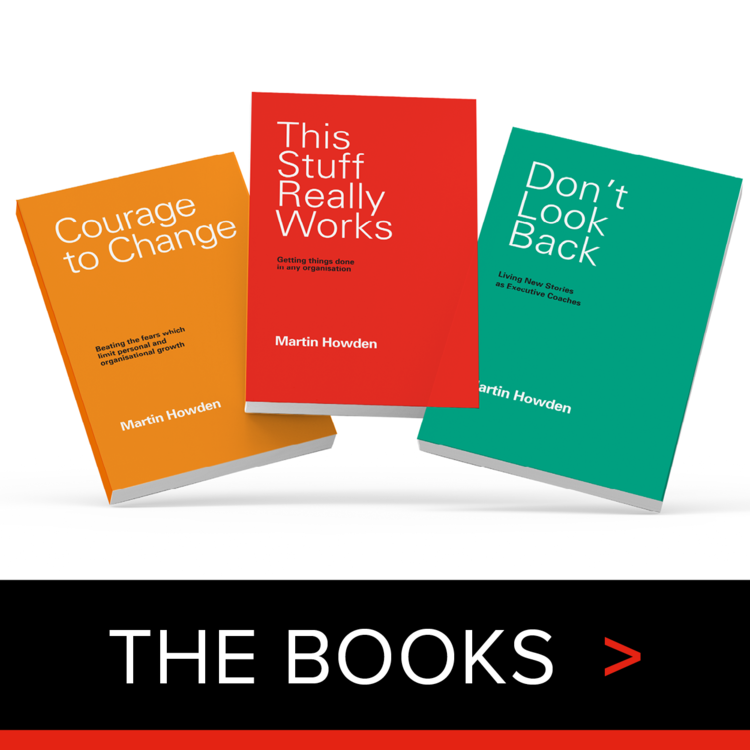I’m the coach/leader. So I’m superman/woman. Maybe…
Earlier this year there was a period of a few months where, actually, I was not OK. For our purposes here, the causes of “not OK” don’t matter. But the consequence was anxiety, and an inability to function as I normally would.
It surprised me. “That’s not who I am”.
It surprised others as well. “That’s not who you are Martin”.
Turns out we were both wrong. So I took some corrective actions.
#1. Cut out caffeine. Done. Tick
#2. I’m an extrovert. So that means I need to be with people all the time? Apparently not. I’ve learned that a day on my own can be a real source of strength. Work in progress.
#3. I get huge energy from client conversations. Sure I put a lot in, but the balance works. That said, there are other (non-client) conversations where the energy flow is distinctly negative. Yes I can handle a number of those, but that number is a variable. So I’m learning to be more discerning here. Keep under review.
#4. I’ve learned to be selectively honest. To actually allow a few carefully chosen friends know that I was not quite OK at that moment. Not in the hope of finding a solution, but (you’d think I would have known this!) it turns out that sharing a problem can help. Keep doing it.
I’m much better now. Most people I know or clients I work with would have no idea I’d been struggling. But you, dear reader, now do know.
Why does this matter? What’s the relevance?
Well, because like coaches, leaders can also experience times of personal struggle. Who knew? Well I did, because that’s who I work with. It turns out that just like their coaches, our leaders are human beings after all.
They too may need to cut out caffeine, spend time on their own/with other people (delete that which does not apply), manage their mental energy levels, and off-load occasionally with some carefully chosen friends.
And so to the lessons.
If we are being led or coached, let’s not assume our leaders or coaches are superhuman. They aren’t. They have stuff going on in their lives too.
If we ourselves actually are leaders or coaches, likewise don’t assume or pretend that we are superhuman. We need to watch out for the warning signs and take appropriate corrective actions.
Because, for now, none of us are perfect.
We are (hopefully) giving it our best shot. But giving ourselves, or those we are coached or led by, permission to struggle occasionally and learn some lessons as a result, might just allow those best shots to be even better over time.


